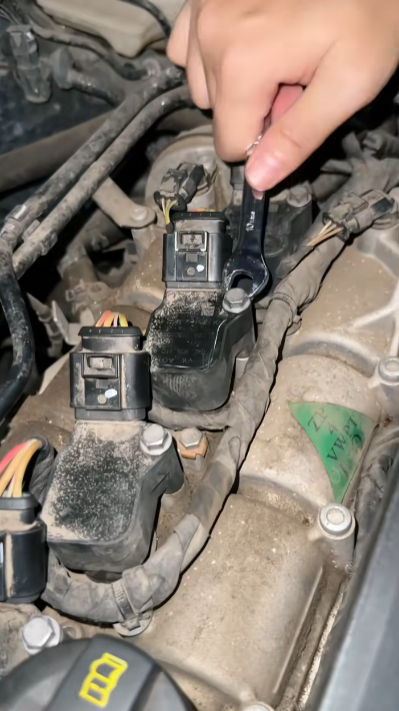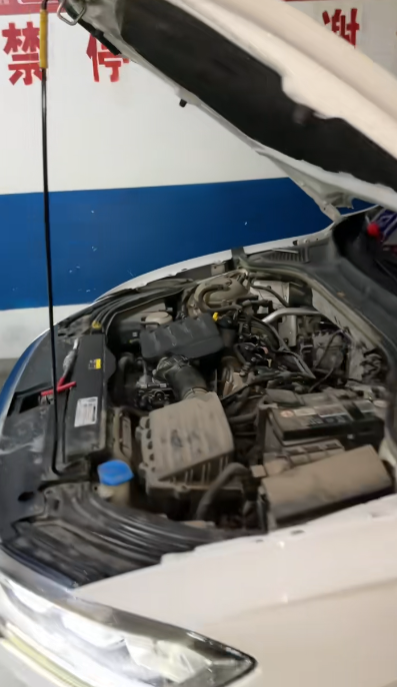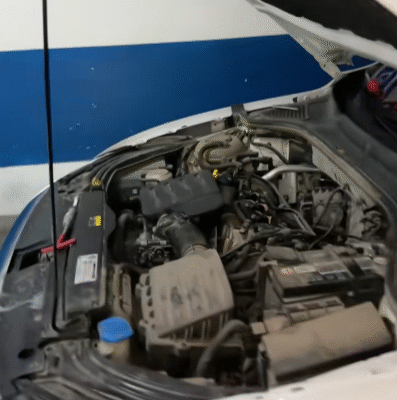
Car shakes are one of the most frustrating and mysterious problems for drivers. You’re cruising down the highway, and suddenly your steering wheel or the entire car begins to vibrate. For many people, the immediate reaction is panic—what’s wrong? Is it dangerous? Unfortunately, most drivers don’t know what causes these shakes, let alone how to fix them. The truth is, only a small percentage of people understand how to diagnose and solve this issue correctly. But don’t worry—by the end of this article, you’ll be among the few who know exactly what to do when your car shakes.
Why Do Cars Shake?
Car vibrations can happen for several reasons, and they often indicate that something isn’t functioning as it should. The shaking could stem from issues with the wheels, tires, brakes, or even the engine. Ignoring these vibrations can lead to bigger, costlier problems down the road. To understand how to solve car shakes, you must first identify the root cause. Let’s break down the most common reasons for car shaking.
1. Wheel and Tire Problems
The most common reason a car shakes is due to wheel or tire issues. If your tires are not balanced or properly aligned, the car will vibrate, especially at higher speeds.
- Wheel Balance: Over time, the weight distribution of your tires can become uneven, leading to vibrations in the steering wheel or seats. A quick trip to a tire shop for balancing can often solve this issue.
- Tire Wear or Damage: Worn-out or damaged tires can cause uneven contact with the road, resulting in shaking. Check for bald spots, bulges, or bubbles in your tires.
- Wheel Alignment: Misaligned wheels can create a pulling sensation and vibrations while driving. A professional alignment check every 6 months can prevent this.

2. Brake System Issues
Do you notice your car shaking when you apply the brakes? If so, the problem likely lies in the brake system.
- Warped Brake Rotors: Rotors can become uneven over time due to heat and wear. When this happens, you’ll feel shaking through the steering wheel or brake pedal when slowing down.
- Worn Brake Pads: Thin or damaged brake pads can also cause vibrations, often accompanied by squealing noises.
3. Engine or Transmission Problems
Not all car shakes are related to wheels or brakes. Sometimes, the cause lies under the hood.
- Engine Misfire: A misfiring engine can create a jerking or shaking sensation while accelerating. This could be due to spark plugs, fuel injectors, or ignition coils.
- Transmission Issues: A failing transmission may cause the car to shake, especially when shifting gears.
4. Suspension System Faults
Your car’s suspension is designed to absorb bumps and keep the ride smooth. If any suspension component—like shocks, struts, or ball joints—wears out, it can lead to noticeable shaking.
5. Loose or Damaged Parts
Sometimes the problem is as simple as a loose bolt, worn-out motor mount, or a damaged driveshaft. These issues can create vibrations that feel like they’re coming from the entire car.

Solutions to Car Shakes
Now that you know what might be causing the shaking, let’s talk about solutions.
1. Balance and Rotate Tires
Balancing your tires involves adding small weights to ensure even weight distribution. Rotating your tires every 5,000-7,000 miles helps prevent uneven wear, which can cause vibrations.
2. Wheel Alignment
If your car pulls to one side or the steering wheel isn’t centered, an alignment is necessary. A professional alignment not only stops shaking but also improves fuel efficiency.
3. Brake System Repair
If your rotors are warped, a mechanic can resurface or replace them. Worn brake pads should be replaced immediately, both for safety and to eliminate vibrations.
4. Engine Tune-Up
Replacing spark plugs, cleaning fuel injectors, or fixing ignition issues can stop engine-related shaking. Regular engine maintenance goes a long way in preventing these problems.
5. Suspension and Parts Replacement
If a mechanic identifies worn-out shocks, struts, or motor mounts, replacing them will make your ride smooth again.
When Should You Worry About Car Shakes?
Not all vibrations are emergencies, but some can be dangerous. For example:
- Severe shaking when braking can mean your brakes are failing.
- Shaking at high speeds can indicate a tire blowout risk.
- Constant engine shaking could signal major engine damage.
If your car’s shaking feels intense or is getting worse, visit a mechanic immediately. Ignoring the problem will only lead to costly repairs or, worse, accidents.

Pro Tips to Prevent Car Shakes
- Check tire pressure weekly. Under-inflated tires are a common cause of vibrations.
- Get regular wheel alignments. This prevents uneven tire wear and steering problems.
- Change your brake pads before they wear out.
- Keep up with engine maintenance. A simple tune-up can prevent big issues later.
Conclusion
Car shakes are more than just an annoyance—they’re a warning sign that something isn’t right. While most people panic or ignore the problem, only a small percentage truly know how to solve it. By understanding the causes—whether it’s tires, brakes, or the engine—you can diagnose and fix the problem before it gets worse. The next time your car starts shaking, you’ll be among the 1% who know what to do!



